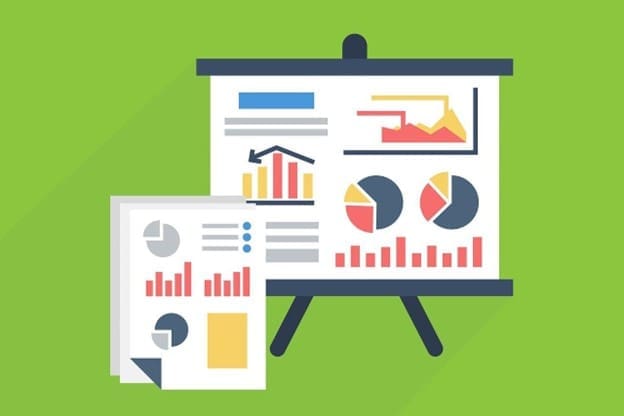We live in a capitalist world, and if there’s one thing that highlights the financials of modern society, it’s financial markets. These play a huge role in building our economies, making investments possible, and even shaping global trade. But if you are a beginner and you want to make a simple trade or track the Ethereum price, all this can sound quite overwhelming.
In this guide, we’ll simplify everything for you. We’ll look at what financial markets are, as well as the different types of markets you can explore.
What are Financial Markets?
When we talk about financial markets, we simply refer to any place where you can buy or sell financial assets. This can be the stock market, forex market, and bonds market, among others. The point of having such markets is to make it possible for individuals, businesses, and governments to raise capital or invest.
One important point to note about markets is that they can be centralized and regulated or decentralized. An example of the former is stock exchanges, which have strict regulations and operation times. Decentralized ones are usually over-the-counter (OTC) markets such as the Forex market, and don’t have to involve an exchange. These can be carried out at any time of the day, as they can be between two individuals.
Types of Financial Markets
There are several financial markets that you can explore.
Stock Markets
This is perhaps the most prominent financial market. In stock markets, companies list their shares, and traders can then come and buy those shares. The shares represent ownership in the particular company, and they usually enable the trader to receive both dividends and potential gain from capital.
Bond Markets
Another financial market is the bond market. This market is used by governments and corporations to borrow money, which is usually referred to as issuing bonds. When you buy a bond, you give the entity money. It will then pay you dividends at a pre-agreed rate after certain durations through the lifetime of the bond. When the expires, the entity will then repay you the principal amount. Bonds are usually considered relatively safer investments when compared to stocks.
Foreign Exchange (Forex) Market
The Forex market is a great starting point for beginners, as it is the largest and most liquid market. The market is decentralized and so operates 24 hours, although it closes on weekends. Basically, it allows participants to exchange one currency for another. These currencies are usually traded in pairs. For instance, in the EUR/USD currency pair, you can trade the Euro (EUR) for the US Dollar (USD).
Commodities Markets
Unlike the markets above, this one deals with physical goods. These are mostly raw materials such as crude oil and agricultural products, but they can also be precious metals like gold and silver. This market operates on spots and futures. The former means buying and selling for immediate delivery, while the latter is speculating on commodity prices.
Derivatives Markets
Derivatives are financial assets, but they don’t have value themselves. Rather, they get their value from underlying assets. These can be stocks, bonds, commodities, or currencies. There are several ways you can trade in this market, and they include futures contracts, options, swaps, or forwards.
Cryptocurrencies Markets
Crypto markets are the latest addition to financial markets. However, they have come with quite the storm, and most new traders are heading here first. This is because cryptos have become quite popular in recent years, something that can be attributed to the many benefits they have over fiat currency. And on top of that, the crypto market offers investors a unique opportunity to reap huge returns.
In this market, you can buy and sell cryptos such as Ethereum and Bitcoin, and also trade on crypto exchanges such as Binance. There are lots of trading avenues here you can explore, including spot, margins, futures, swaps, and options trading. But before you dive in, ensure you clearly understand the particular market, and what you want to trade in.
